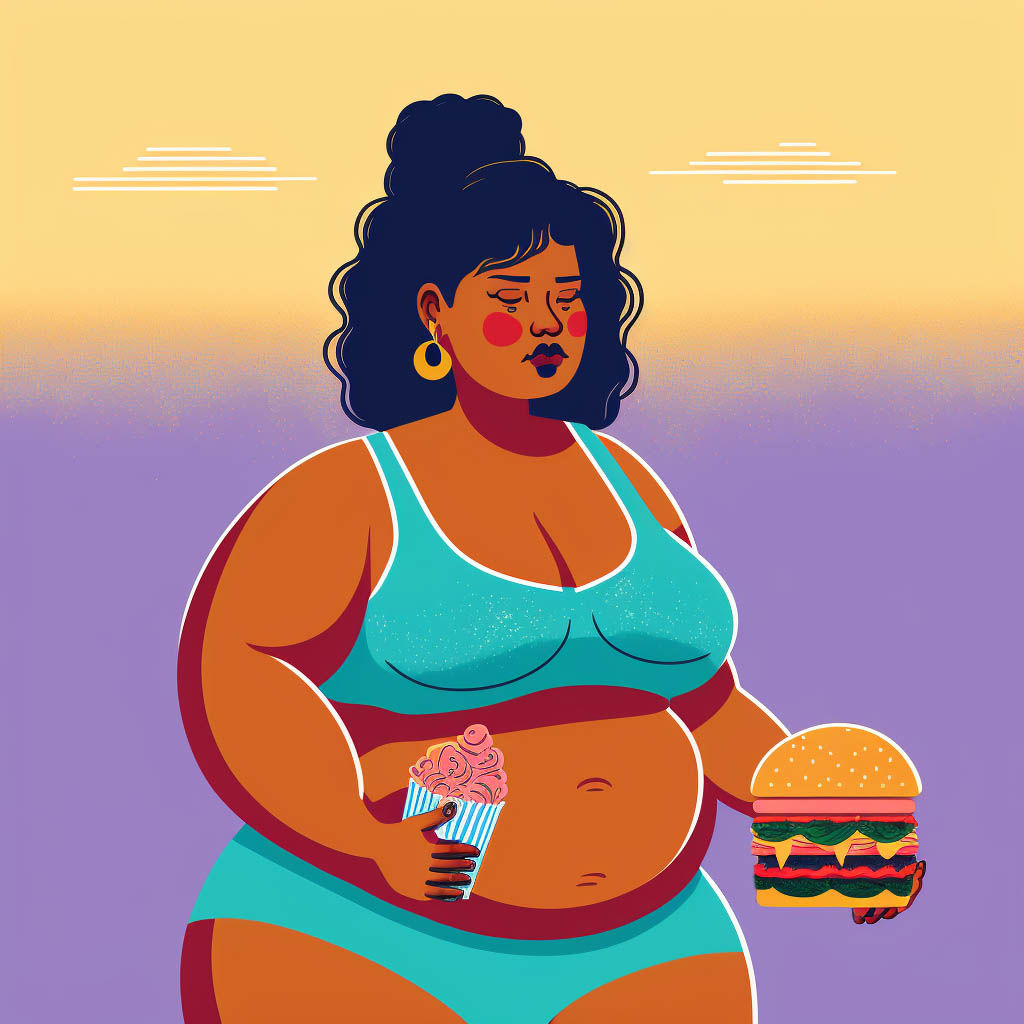“These jeans used to fit so much better” is a classic song for many of us at the end of winter. Much of the time, winter weight is to blame.
It’s no secret that most people pick up a few extra kilos during winter. The good news is, it’s not entirely your fault — nature takes some of that blame. Here’s why:
- We are predisposed to become more primal as the temperature drops. Like hibernating mammals, we tend to eat more food to store extra fat and use it as energy when food becomes more scarce. The kicker for us Sapiens is we have evolved past the point of seasonal food scarcity, but our bodies haven’t gotten the memo.
- Adenosine triphosphate (ATP) is a hormone that releases energy into our bodies. This energy keeps us going longer and stronger during physical activity. In lower temperatures, our bodies tend to override ATP production to accommodate one of our many survival traits — the non-shivering thermogenesis, also known as increased heat production. As your body prioritizes heat generation to keep you warm and prevent you from shivering, it takes away from optimal muscle function, leaving you with little energy for physical exercise.
These two factors alone are enough to set a person 5 steps back after a successful summer of fitness and eating well. It’s not all doom and gloom though, as there are ways to combat this and remain on track.

6 Tips to beat Mother Nature at her game
#1: Eat foods that take longer to digest
Because of the false belief of food scarcity, your brain tricks you into wanting high-caloric foods to store fat for later. This usually includes comfort foods like pizza, creamy pasta, pap and stew, warm pastries, and sugary snacks.
To counter this effect, reach for foods with a low glycaemic index (GI), i.e., they take longer to digest. Low GI foods include:
- Grains: Whole wheat bread, tortillas, pasta, sourdough bread, and oats.
- Vegetables and soups: Leafy greens (kale, spinach, beetroot), beans, tomatoes, and more.
- Fruits: Many fruits have a low GI, especially bananas. Not only are they hearty and satisfying, but they are also packed with potassium, vitamin B, and magnesium — which can help regulate your body temperature and keep you warm.
#2: Eat smaller portions regularly
This conditions your body not to hog calories, allowing it to use energy freely. Eating smaller portions regularly also gives you a sustainable source of energy without feeling sleepy after every meal.
#3: Stay hydrated
Dehydration harms your body and leads to fatigue. This can lead to higher sugar cravings as your body craves energy, which leads to binging on sugary treats. With your ATP production being used for warmth instead of energy, you are less likely to want to do any exercise. To stay hydrated in winter, drink lots of tea, hot lemon water, chai lattes, and occasionally coffee.
#4: Keep warm
With your body burning more energy to keep you warm, your metabolism goes up, which makes you want to keep eating. When you dress warmly and spend time in warm environments, you signal to your body that it can use its resources elsewhere instead of trying to keep you warm.
#5: Do more home workouts
The pandemic made home workouts more practical, and you can buy home exercise equipment for cheap. Apply the same principles: if it’s cold outside, create the heat inside.
#6: Gear up properly at the gym
Put on your bomber jacket, wear a fleece sweater, and try jogging to the gym. By the time you arrive, your body will have warmed up significantly. If you can’t jog to the gym, start your sets off with some cardio: skipping rope, box jumps, and frog jumps. After the 12th rep, you’ll be warmer than this guy:

Beat winter weight
Winter has knocked on our doors earlier than expected, which means we have long, cold days ahead of us. Use the tips in this article to stay prepared and win the fight against winter weight.
Keep moving,
Beth

